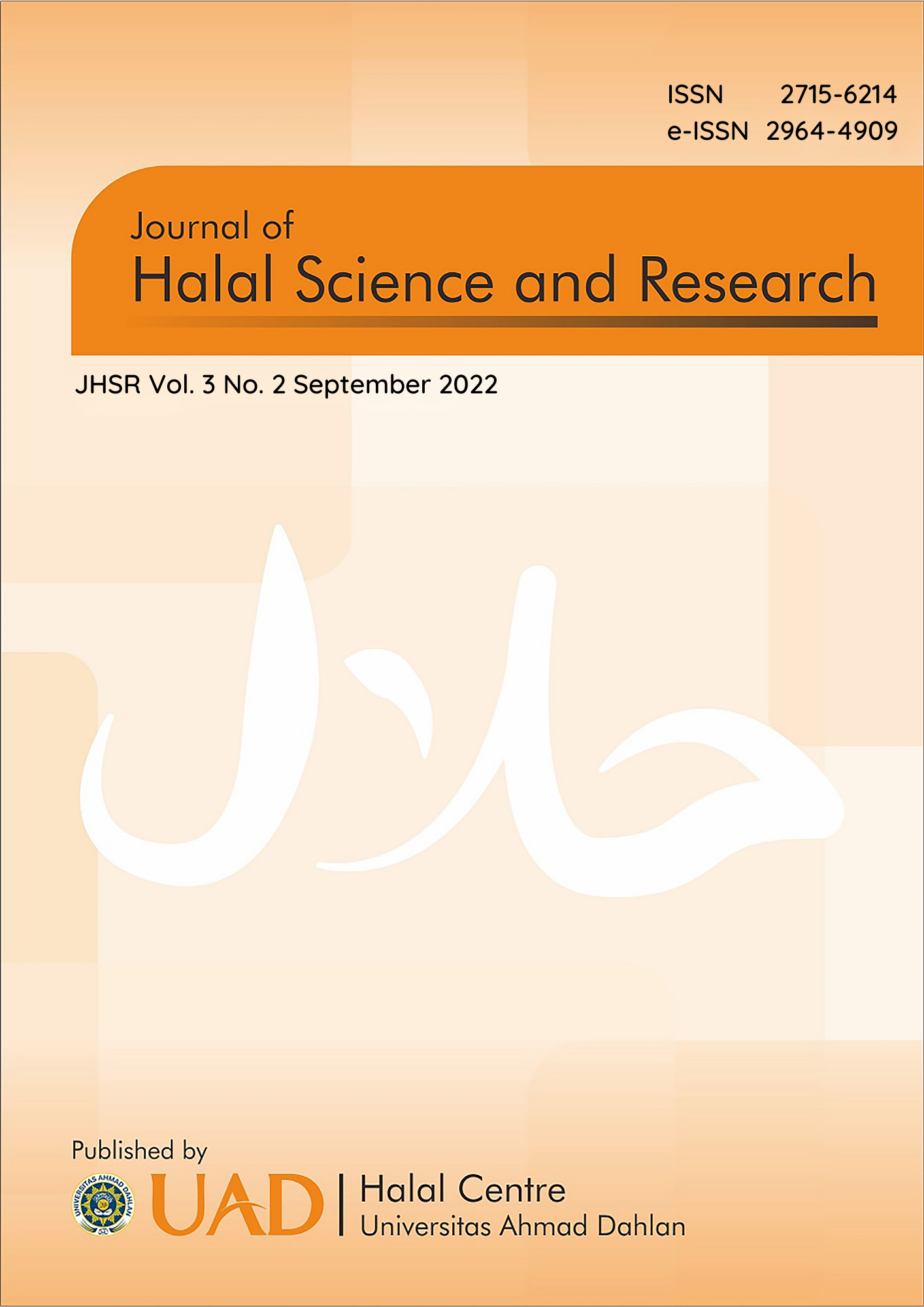Quality control of pasteurized milk products in aluminum foil packaging at dairy a, sleman, special region of yogyakarta
DOI:
https://doi.org/10.12928/jhsr.v3i2.6818Abstract
Milk is a dairy farm product that contains various kinds of nutrients needed by humans. Bacteria easily contaminate milk, so it has a concise shelf life. One way to prevent bacterial contamination is by pasteurization. According to SNI 01-3951-1995, pasteurized milk has gone through a heating process of 72℃ for 15 seconds or heating at a temperature of 63-66℃ for 30 minutes. Company A's aluminum foil packaging pasteurized milk products are often defective. The defect is caused during the processing, preservation, and storage of milk that is not good. Therefore, quality control must be carried out in the pasteurization process of milk to ensure the quality of milk is maintained. Quality control is a process to assist in achieving products following the objectives. Quality control in the pasteurization process in company A needs to be discussed further to prevent defects in pasteurized milk in aluminum foil packaging. Attributes that affect milk quality are pH, color, texture, and aroma. The method used to determine the defect to milk is adjusted to the production in company A by taking 30% samples with a total of 3 production batches which are then analyzed for the type of defect, pH analysis with control charts, organoleptic quality analysis with scoring diagrams, and fishbone diagrams to determine the causative factors defect.
Downloads
Published
Issue
Section
License
Copyright (c) 2022 Universitas Ahmad Dahlan

This work is licensed under a Creative Commons Attribution-NonCommercial-ShareAlike 4.0 International License.
Authors who publish with JHSR (Journal of Halal Science and Research) agree to the following terms:
1. Authors retain the copyright and grant Universitas Ahmad Dahlan right of first publication with the work simultaneously licensed under a Creative Commons Attribution-NonCommercial-ShareAlike 4.0 License (CC BY-NC-SA 4.0) that allows others to share (copy and redistribute the material in any medium or format) and adapt (remix, transform, and build upon the material) the work for any purpose, even commercially with an acknowledgement of the work's authorship and initial publication in Universitas Ahmad Dahlan.
2. Authors are able to enter into separate, additional contractual arrangements for the non-exclusive distribution of the journal's published version of the work (e.g., post it to an institutional repository or publish it in a book), with an acknowledgement of its initial publication in Universitas Ahmad Dahlan.
3. Authors are permitted and encouraged to post their work online (e.g., in institutional repositories or on their website) prior to and during the submission process, as it can lead to productive exchanges, as well as earlier and greater citation of published work (See The Effect of Open Access).

This work is licensed under a Creative Commons Attribution-NonCommercial-ShareAlike 4.0 International License.




